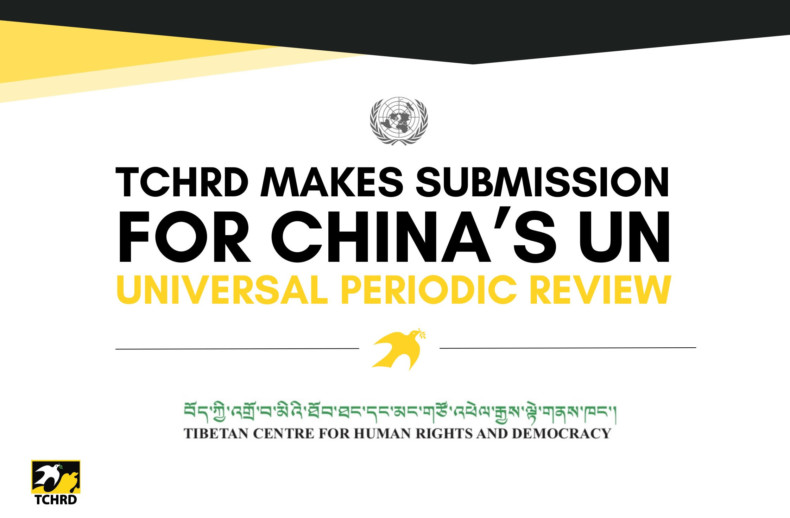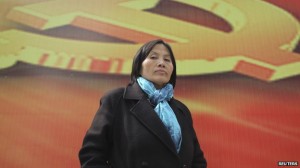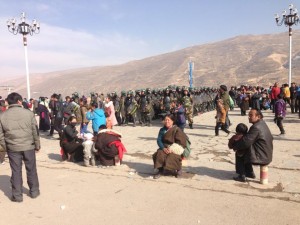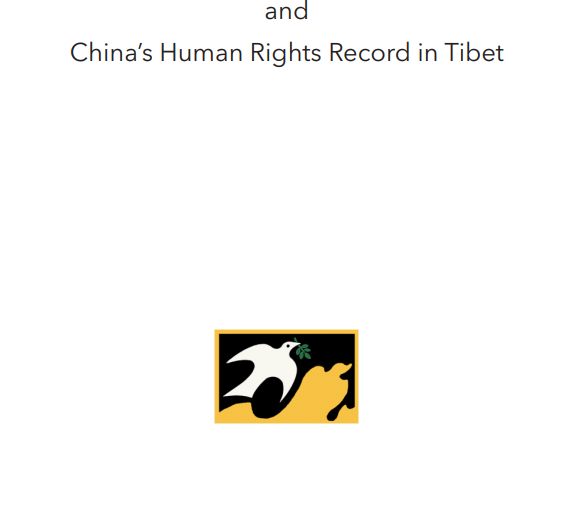The Tibetan Centre for Human Rights and Democracy (TCHRD) submitted a UN Universal Periodic Review (UPR) report ahead of the fourth periodic review of the People’s Republic of China in January 2024.
The submission outlined a number of concerns and recommendations on specific human rights issues, including repression of Tibetan Buddhism, systematic attacks on the Tibetan language, freedom of expression and association, denial of legal rights of detainees and prisoners, and torture.
TCHRD will conduct a series of advocacy and lobbying activities in the months leading up to the review, targeting embassies in New Delhi and permanent missions in Geneva, respectively, so that States will raise the issues during the interactive dialogue with the PRC government.




